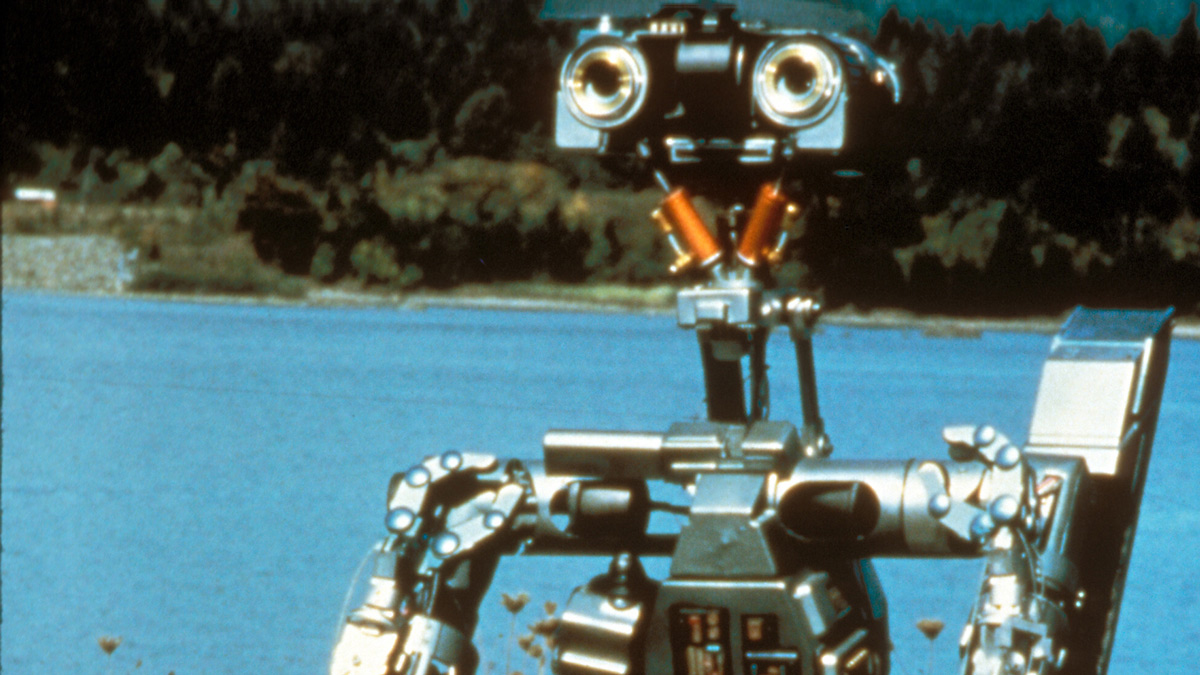
(c) Photofest / Getty Images
What are the aliens, the trio, and the monsters that influenced “Short Circuit”?
2021.04.07
“Frankenstein” questions life and selfhood, and jokes that didn’t hit the nail on the head
The storyline of "Short Circuit," in which a robot functions as a lethal weapon while at the same time awakening a kind self from its ignorant purity, can be said to be a prototype of robot movies, such as those seen in recent years in " The Iron Giant " (1999) and " Chappie " (2015). The ancestor of this prototype can be traced back to " Frankenstein ," although it is a contradictory negative-positive relationship.
The 1931 film "Frankenstein," which became an iconic film in which Boris Karloff played the Monster, abridged much of the original story as a monster movie, but the character was designed to make use of the innate traits of Frankenstein's Monster, such as his desire to kill his creator and his "violence due to ignorance."
In "Frankenstein," the "Monster" feels sadness and anger after being abandoned by his creator, which leads to the development of a desire for revenge. This process is said to be the process that creates an "evil" heart. On the other hand, in "Short Circuit," Number 5 develops a "good" heart thanks to the protection of his creators, Newton and Stephanie, who risk their lives to protect him. To strengthen the contrast, Number 5 acquires "life" through the power of a lightning strike, just like Frankenstein's Monster.
"Frankenstein" trailer
Now, at the end of the film, Newton finally has a conversation with Number Five, and in order to explore the birth of the "self," he tells him a joke.
"A priest, a pastor, and a rabbi were talking about giving to the church. The priest said, "Draw a circle on the ground, throw money in the air, and donate what goes inside the circle." The pastor said, "Throw money in the air, and donate what goes outside the circle." The rabbi said, "Throw money in the air, and give as much as God wants."
Number 5 thinks for a while, then says, "Right! I get it!" and bursts out in laughter. If you're not used to this kind of joke, you might think, "He laughed because he understood a complicated joke." However, in fact, the joke hasn't hit a punch line at this stage. This joke is based on the discriminatory prejudice that is unique to American jokes, that "Jews are greedy," and it only gets a punch line with "I'll give you as much as God wants," followed by "And I'll pick up any money that falls."
In other words, Number 5, out of consideration for the other person, displays a very human "ego" by thinking, "It's awkward that Newton (played by Jewish Steve Guttenberg) has skipped the punch line, either to avoid stereotypical prejudice or simply to forget it, and I feel sorry for him, so I'll just laugh."

